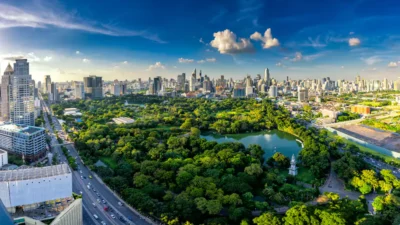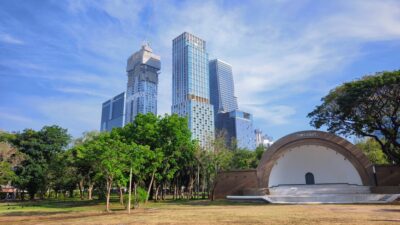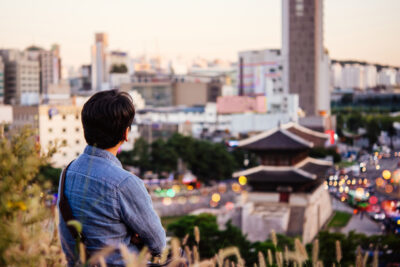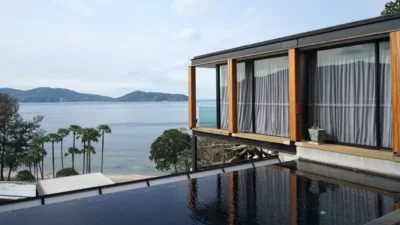Is sustainability a luxury not everyone can afford?
Global brand IKEA believes that, as a business, they possess huge responsibilities that impact the world’s most topical, critical needs
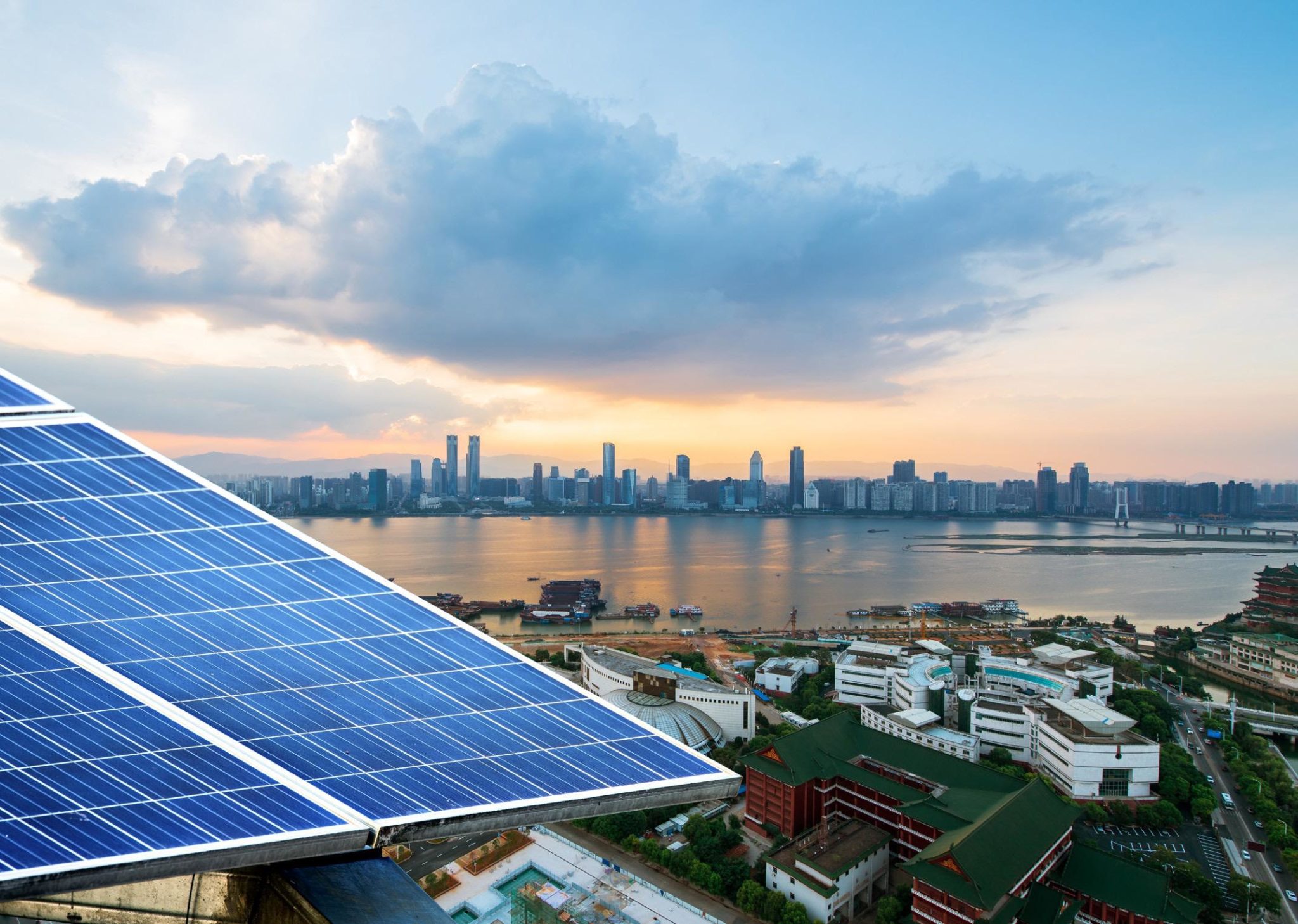
Academics, business executives, and environmental activists all have different answers to what it means to be a sustainable business, according to Harvard University business history professor Geoffrey Jones, who said in a recent PBS NewsHour report that “there is a crippling vagueness about what sustainability means.”
Multiple organisations are harvesting electricity from renewable energy, which emits fewer carbon emissions and saves the company money. However, environmentalists have hauled up concerns that materials used in solar panels have been extracted unsustainably and solar energy firms do not track their carbon emissions.
While there’s no single firm definition for sustainability, there’s a lack of accountability. More businesses declare to be sustainable, but only a few can authenticate such business practices.
The Sustainability and Communication Director at IKEA Southeast Asia Lars Svensson unveiled IKEA’s integrated sustainable initiatives and zero-carbon efforts that help fight global waste pollution and climate change at the PropertyGuru Asia Real Estate Summit 2020.
He shared that as a business, IKEA believes that the company possesses huge responsibilities that impact the world’s most topical, critical needs.
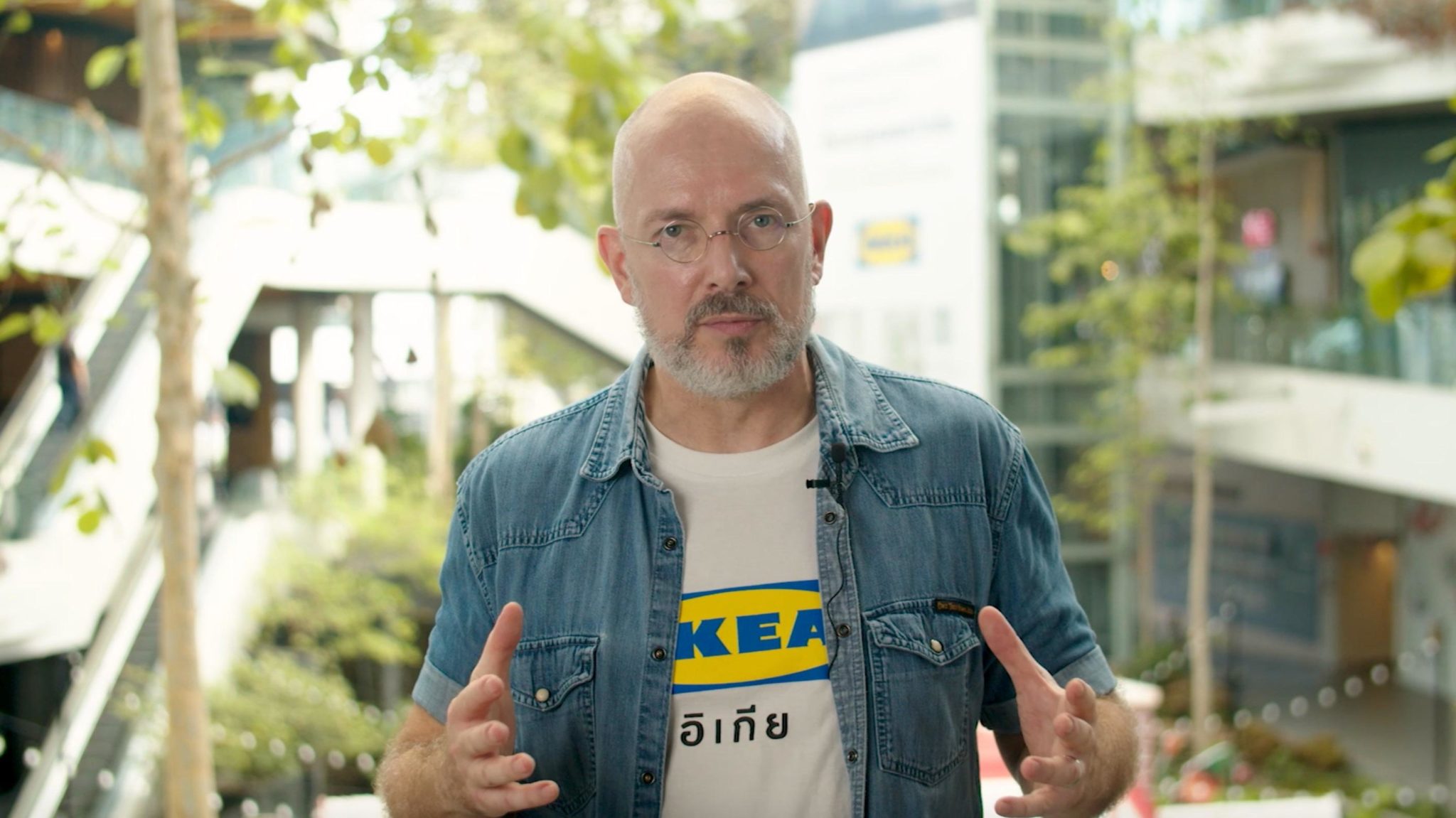
In his session, Lars revealed three main areas IKEA has chosen to address:
Unsustainable consumption. The world wouldn’t harbour enough resources if everyone were to consume as much as those in the middle- and higher-income groups and developed countries.
Current climate situation. Both individuals and businesses immensely impact climate change, highlighting the vitality of addressing this present situation.
Growing social inequalities. As a consequence of COVID-19, for the first time in 20 to 30 years, over a hundred million people in the world will move down the poverty line.
To address these areas, he shared IKEA’s initiatives, which are to:
- Enable people to live healthier and more sustainable lifestyles at home;
- Be climate positive and circular by 2030; and
- Impose a social and equal agenda on reducing inequalities.
It is incredibly important that such initiatives are anchored in the business’ value chain, as sustainability is an engine for driving growth, profitability, efficiency, and morality, according to Lars.
Taking initiative
IKEA as a company recognises that its total value chain contributes to 0.1 percent of the world’s greenhouse gases. Manufacturing and the sourcing of raw materials may be the largest factors, but 70 percent of the contribution comes from customers’ journeys to and from store locations.
In response, IKEA Thailand has collaborated with Thai authorities in building a U-Turn to condense visitors’ travel time by up to 30 minutes.
Additional car parks have also increased accessibility and reduced waiting times for cars entering and exiting out of the centre.
IKEA’s commercial solar technology system in Singapore and Thailand is among IKEA’s other sustainable projects. Such solar panels generate renewable energy that helps power the store, while also doubling up as a sun cover for the carpark.
In Singapore, this first commercial solar cooling system harnesses the sun to heat up water in pressured pipes, which, in the long run, saves money for the store.
“We are always having the ambition to ensure that they [sustainable initiatives] are also at the same time improving our bottom line and saving money, increasing efficiencies.
“Sustainability actually helps you save resources, cuts costs, and enables you to become more profitable – and that’s the principle we apply also when it comes to pricing our products and solutions to offer customers. Sustainability should not be a luxury, it should be affordable for many people and it’s a right,” said Lars.
There are various solutions that other companies and organisations in the region could emulate. Lars mentions that IKEA is considerably also a real estate business. Hence, the way buildings are constructed sets an agenda on how sustainable the company can become. Building in accordance with green certification standards can aid the construction of stores and real estate that lessen climate footprint, while procuring more efficiency.
IKEA, as a consumer company, provides home and furniture products that promote sustainable
living not only to its consumers, but also to its employees, suppliers, and the community at large.
“We do that partially by securing what we need to create sustainability as one of the five design elements of all the products that we have. So, one aspect could be, you could be safe and assured that sourcing of products have been done at a responsible manner without severe environmental impact, or without taking advantage of children or labour, breaking any of the laws when it comes to environmental protection, etc.,” Lars said.
The original version of this article appeared in asiarealestatesummit.com. Write to our editors at [email protected].
Recommended
Why Asia’s mixed-use developments are the future of real estate
Dynamic integrated communities are fusing real estate with commercial, leisure, and other amenities
Transforming cities worldwide: Surbana Jurong’s vision for the future
Surbana Jurong excels in master planning, infrastructure, and urban development
Inside Asia’s commercial real estate: The cities thriving and those facing tough times
Shifting consumer preferences, and fluctuating economic policies mean commercial real estate investors in Asia must remain agile
Why young Asians are choosing singlehood and reshaping real estate trends
Marriage is out, and singlehood is in as young Asians subvert convention to explore alternative paths in real estate

